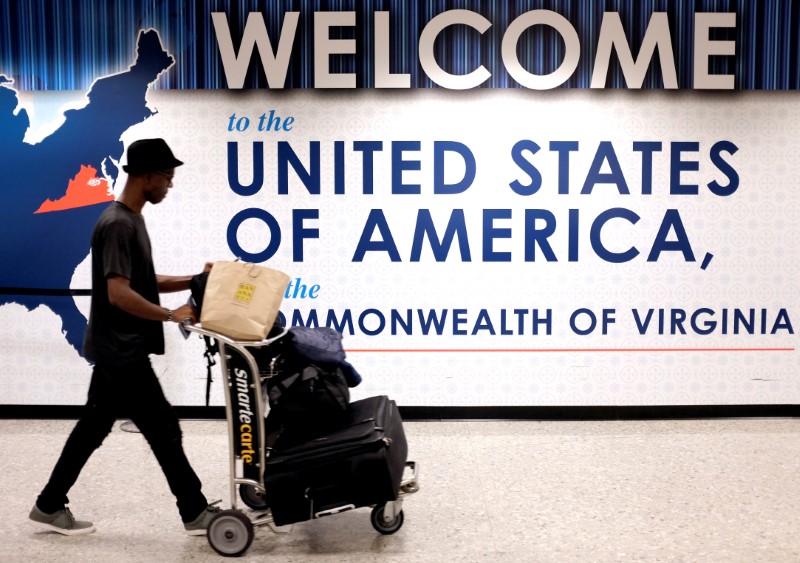
The United States government is preparing to implement a 12-month pilot program that could require foreign nationals from certain countries to post a refundable bond of up to $15,000 when applying for a business or tourism visa. The initiative, aimed at addressing high rates of visa overstays and strengthening vetting procedures, will apply to applicants for B-1 (business) and B-2 (tourism) visas. The policy is expected to take effect 15 days after its formal announcement in the Federal Register and will run through August 2026. Bonds will be imposed on a case-by-case basis, with consular officers authorized to determine whether a bond is necessary and at what amount—$5,000, $10,000, or $15,000.
This new measure is part of a broader immigration enforcement agenda that seeks to enhance national security while promoting accountability among foreign visitors. Officials have indicated that the requirement will primarily apply to travelers from countries identified as having high visa overstay rates or inadequate identity verification systems. The policy is also intended to encourage foreign governments to improve internal security mechanisms, including citizenship-by-investment schemes and repatriation processes for their nationals. The bond will be returned in full if the traveler complies with the terms of their visa and departs the United States within the authorized timeframe.
While the official list of countries affected by the program has not yet been published, previous data from U.S. authorities points to several African and Southeast Asian nations with consistently high rates of overstays. In fiscal year 2023 alone, over 300,000 visitors admitted on B-1 and B-2 visas remained in the United States beyond their permitted stay. Countries such as Chad, Laos, Haiti, and Congo have been highlighted in past reports for elevated overstay percentages, and they may be among those subject to the new bond requirement. Notably, citizens of countries participating in the Visa Waiver Program—which includes most of Europe, Japan, South Korea, and others—are exempt from this rule, as are travelers from Canada and Mexico.
The introduction of the visa bond program has raised concerns among immigration analysts and travel industry stakeholders. Critics argue that the requirement could discourage genuine travelers from visiting the United States, particularly those from low- and middle-income countries who may find the bond unaffordable despite its refundable nature. Tourism advocates warn that the policy, along with the recently introduced $250 “visa integrity fee,” could negatively impact international visitor numbers and undermine the recovery of the travel industry in key U.S. cities.
Despite the criticism, U.S. officials maintain that the pilot program is a necessary step toward greater visa compliance and security. They stress that the bond system will be implemented carefully and will allow for flexibility based on individual risk assessments. While visa bond proposals have been floated in the past, they have rarely been enacted due to logistical challenges and diplomatic concerns. This program represents one of the most structured efforts yet to test the feasibility of such a policy.
As the pilot phase begins, the effectiveness of the visa bond program will be closely monitored. Its impact on visa issuance, compliance rates, and international travel dynamics will likely inform future decisions on whether to scale, modify, or discontinue the policy. Until then, travelers from high-risk countries should prepare for the possibility of a significant financial requirement when applying for a U.S. visa.



